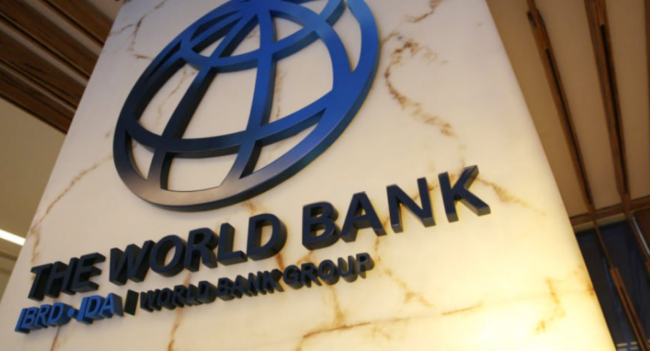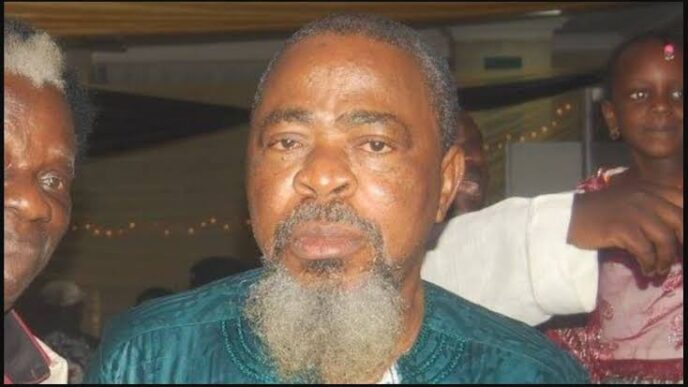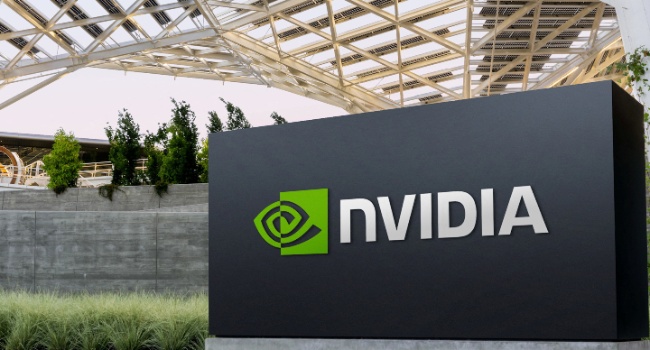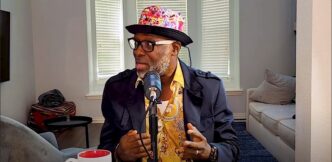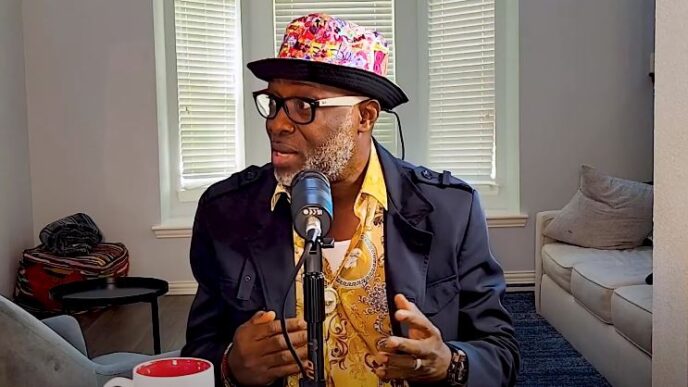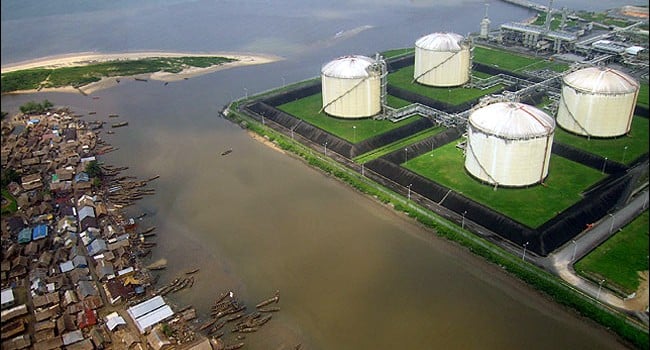The World Bank says most power firms in developing countries are ill-equipped to meet the growing electricity demand.
In a report titled ‘The Critical Link: Empowering Utilities for the Energy Transition,’ on Tuesday, the World Bank said the electricity companies do not have the necessary resources to add more renewable energy to the grid.
According to the Bretton Woods institution, the shortfall in power supply will impede global energy transition goals to provide clean, reliable, and affordable electricity to all.
The World Bank said only 40 percent of electricity firms can cover their operating and debt service costs.
Advertisement
“Low-income and lower-middle-income countries face the most acute challenges as high costs, low tariffs, transmission and distribution losses, inefficient payment collection, and poor planning, perpetuate cycles of underperformance, burdening government budgets while leaving many consumers without reliable power,” the World Bank said.
“These financial and operational hurdles also act as deterrents to investors, preventing many utilities from raising private capital at affordable rates and holding back critical investments in grid modernization and upgrades.
“The accelerated push to transmit more variable renewable energy, including solar and wind power, coupled with the urgency to provide electricity to nearly 700 million people without electricity access today, will further strain weak utilities’ financial sustainability and test their technical capacity, the report cautions.”
Advertisement
‘POLICYMAKERS MUST INTENSIFY EFFORTS TO EMPOWER COMPANIES’
Guangzhe Chen, World Bank vice-president for infrastructure, said as the stewards of the world’s power grids, electric companies will be at the heart of efforts to decarbonise power supply.
Chen said the companies will also be driving the transmission of more reliable electricity vital to boosting economies, creating jobs, and improving the lives of millions of people.
“Policymakers, regulators, and development financiers need to step up to empower utilities through robust policies and more long-term financing to deliver on the promise of clean and accessible energy for all,” he said.
Advertisement
According to the World Bank, global energy transition and universal energy access goals also present opportunities to improve utility performance.
However, the international institution said only well-run and well-regulated electric utilities will be able to provide clean, affordable electricity to an ever-expanding customer base “while earning a reasonable return on investment”.
The World Bank said governments are the first to provide the framework for sustainable electricity companies because they can create laws and open procurement guidelines that lower investor risk and streamline infrastructure development.
“Regulators must ensure that utilities are able to recover reasonable costs through tariffs and encourage investment in efficient, resilient networks,” the World Bank said.
Advertisement
“Even in countries with sound policies and regulations, utilities must improve their billing and metering and embrace better business practices and new technologies to build trust with customers and investors.”
Given the scarcity of public funding, the World Bank said development financiers have a crucial role to play in offsetting the high cost of the transition by providing concessional capital for companies and risk mitigation instruments for private utility investors.
Advertisement
